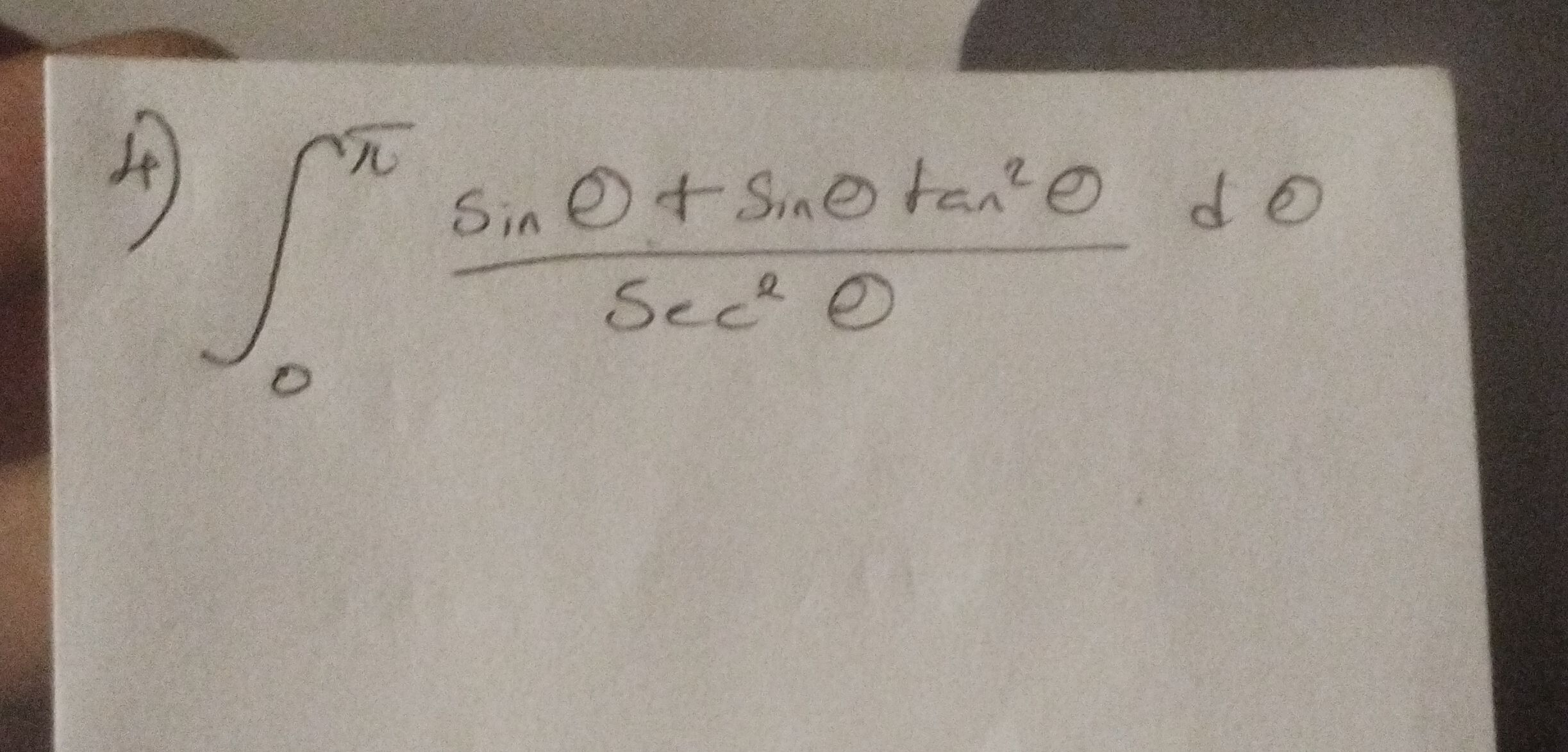AI tutor
Full solution
Q.
- Trig Identities Simplification: We are given the integral: First, we simplify the integrand using trigonometric identities. We know that and . Therefore, and .
- Integrand Simplification: We can rewrite the integrand by replacing with and with :This simplifies to:
- Splitting Integrals: Now we can split the integral into two separate integrals:
- Power-Reducing Formula: Let's first evaluate the integral . We can use the power-reducing formula for , which is .The integral becomes:
- Evaluation of First Integral: This integral can be split into two parts:The first integral evaluates to because is symmetric about , and the second integral can be solved using the substitution method or by recognizing it as a product of sine and cosine, which also evaluates to due to the periodicity and symmetry of the functions involved.
- Rewriting : Now let's evaluate the integral . We can use the identity to rewrite as . The integral becomes:
- Evaluation of Second Integral: This integral can be split into two parts: As we have already established, both of these integrals evaluate to due to the symmetry of the sine function and the periodicity of the sine and cosine functions.
- Final Answer: Since both integrals from the previous steps evaluate to , the original integral also evaluates to . Therefore, the final answer is .

